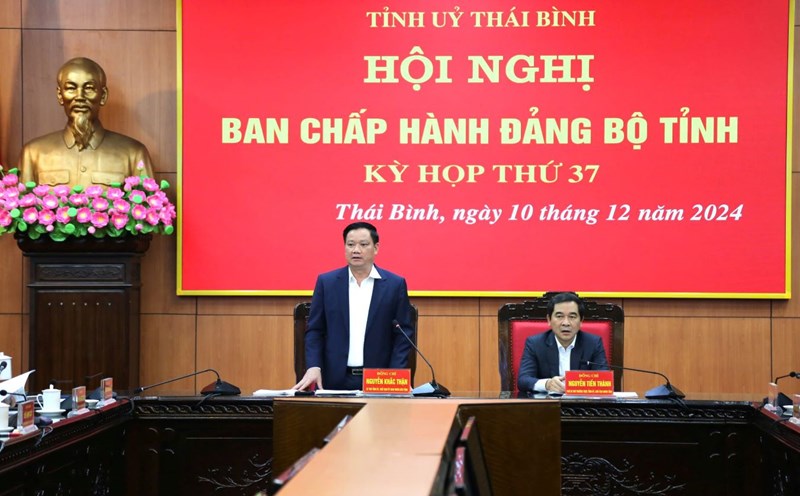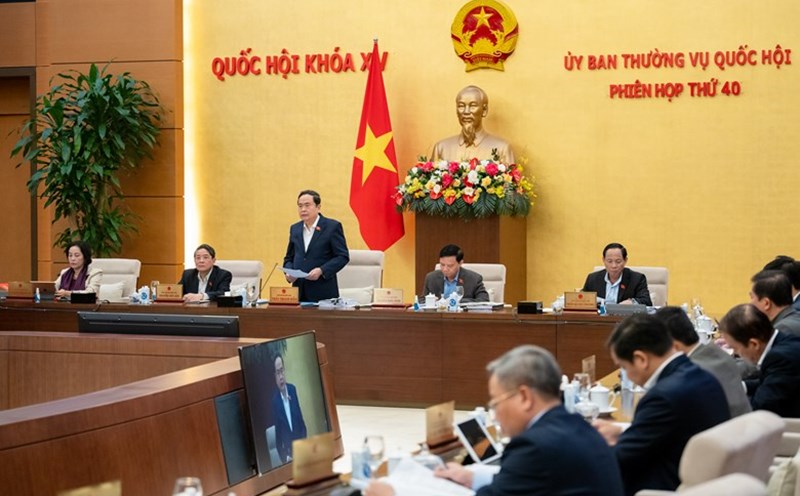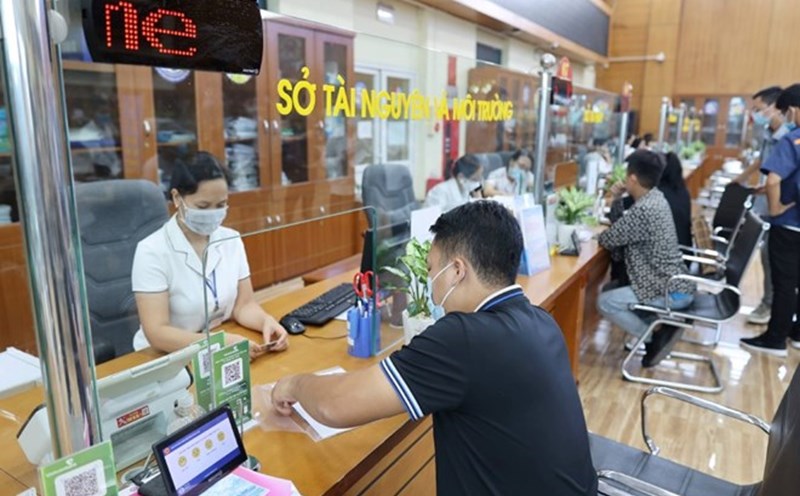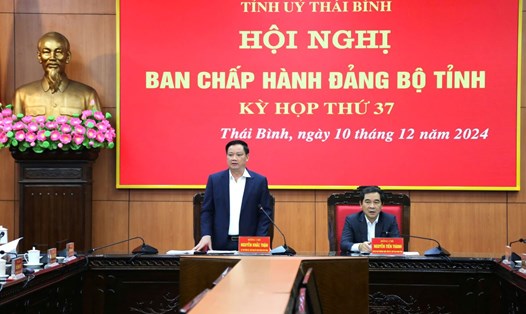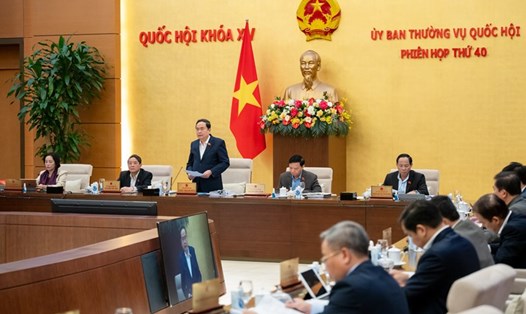Focus on arranging staff with outstanding abilities
The Ministry of Home Affairs has just issued Document No. 7968/BNV-CCVC on the orientation for developing a plan for arranging and assigning cadres, civil servants, public employees and people working under labor contracts when implementing the arrangement of the administrative apparatus.
Accordingly, when developing the Project to arrange and streamline the apparatus, ministries, agencies and localities urgently develop a Plan to arrange and assign civil servants and public employees (CBU), especially for leaders, managers and heads of agencies, organizations and units; develop a specific roadmap to implement the adjustment of the number of CBU staff to ensure compliance with general regulations and in accordance with the functions and tasks of the newly formed agencies, organizations and units after the arrangement.
Promote the initiative and creativity of ministries, branches and localities in resolving policies and regimes for civil servants and public employees according to Government regulations; encourage ministries, branches and localities to base on conditions and capabilities to supplement policies (in addition to the Central policy) to support civil servants and public employees who are redundant after organizational restructuring.
In principle, the arrangement and assignment of cadres must be carried out seriously, carefully, scientifically and strictly; ensuring democracy, publicity, transparency, principles and specific criteria, in accordance with the practical situation of the staff and the requirements of each ministry, branch and locality; in which attention should be paid to the arrangement and use of cadres with outstanding capacity, responsibility, dedication to work, meeting the requirements of tasks in the new situation.
Comprehensive restructuring, eliminating overlaps
Speaking with Lao Dong, Associate Professor Dr. Bui Hoai Son - Standing Member of the National Assembly's Committee on Culture and Education - said that streamlining the apparatus is not simply a matter of mechanically reducing the number of agencies or personnel, but a comprehensive restructuring, clarifying functions and tasks, and eliminating overlaps and inadequacies that have existed for many years. This helps reduce the budget burden, create smoother coordination between agencies, and improve the quality of service to people and businesses. This is a vital factor to meet social expectations in the context of Vietnam's deep integration and increasing competitive pressure.
According to Associate Professor Dr. Bui Hoai Son, to successfully carry out this “revolution”, it is necessary to focus on a number of core factors. First of all, it is political determination at the highest level. When leaders dare to face challenges and are not afraid of change, that will be the greatest driving force to promote reform.
Besides, building a clear plan with a specific roadmap and based on scientific research is indispensable.
Second, the human factor plays a decisive role. Training and transforming the capacity of cadres to adapt to the new structure is an important task. It is impossible to just merge or streamline in name but ignore the issue of people - the force implementing policies.
Third, social consensus is indispensable. To do that, it is necessary to make information transparent, communicate effectively and address concerns that arise.
Need outstanding policies in solving redundant staff
According to Associate Professor Dr. Bui Hoai Son, caution but determination in implementation is the key factor in carrying out the revolution of streamlining the apparatus.
“This is a complex and long-term process that requires testing and flexible adjustments without losing sight of the big goal. I believe that with strategic vision and wise leadership, Vietnam can completely turn this “revolution” into reality, opening a new chapter in national governance,” Associate Professor Dr. Bui Hoai Son emphasized.
Associate Professor Dr. Ngo Thanh Can - senior lecturer, National Academy of Public Administration - said that researching policies for cadres, civil servants and public employees is very important. Along with that are outstanding policies related to resolving the regime for redundant cadres after rearrangement. These are issues that cadres, civil servants and public employees are very interested in and need to be carefully evaluated.

